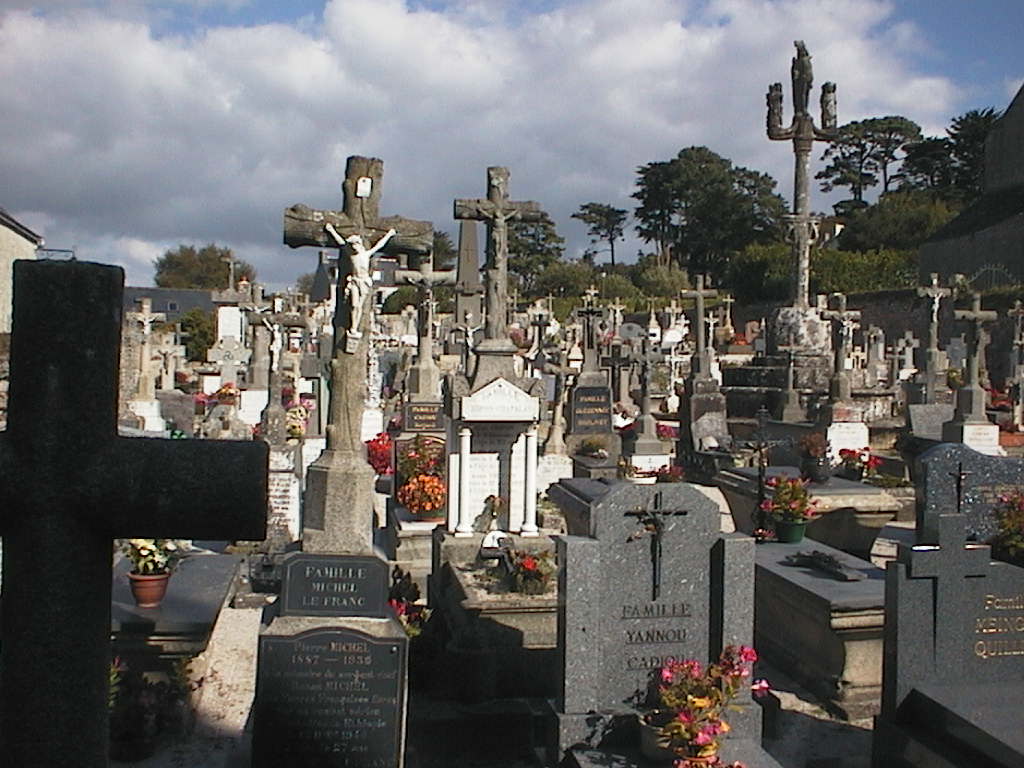|
|

3/11/2005
RIP VAN ORCHESTRA (Part II)
(posted in response to Greg Stepanich's reply to RIP VAN ORCHESTRA)
The music I have chosen to record and perform is music I think has artistic value. Whether it is popular or not is of no concern to me. The music I was referring to in RIP VAN ORCHESTRA is music that is both new and popular, but still neglected by North American orchestras. This includes music of Philip Glass, Michael Nyman, Alan Hovhaness, Karlheinz Stockhausen, etc. However, having said this, I don't think this is the only new music which should be performed by orchestras ... rather, this music clearly debunks the academic hogwash that audiences don't like new music.
Not having heard your music, I cannot comment on audience response to it. Also, I am not entirely sure what you mean by "harsher music". About a decade ago, the Grand Rapids Symphony under the direction of Catherine Comet performed (and recorded) Donald Erb's Trombone Concerto with Ava Ordman. The audience went nuts. It was one of the longest and wildest standing ovations I have ever witnessed. Conventional thinking suggests this concert should have been a flop. Instead, it was wildly successful. Why so? First and most importantly, Erb's music, in this case, is fantastic! Second, the music director, soloist, and the orchestra were committed to this piece.
Today, you have orchestras "apologizing" for programming new music. The new music which is programmed is generally a short and unsubstantial piece. It is often preceded by a lecture, often lasting longer than the piece itself. The nature of a miniature piece, even by a great master, is not something which moves people in a meaningful way. At best, it is a sound-bite. To add insult to injury, these shorter pieces are usually not composed by great masters, so the experience is downgraded even further. There is bad music and one can only speculate why these pieces are programmed at all. This lack of dedication, commitment, sincerity and quality will, of course, generate a negative audience response.
posted by Christina Fong
12:01 PM
3/6/2005
RIP VAN ORCHESTRA

Back when I was in music school in the mid 80s, there was a myth that audiences hated new music. Although history and CD sales prove this to be completely false, people in academia still push this agenda and many in the orchestra world still believe it. Many orchestra managements and music directors (the people responsible for most of the programming) are also perpetrators of this academic hogwash and have thus responded by not programming new music. Perhaps like George W. Bush and company have shown, if you keep telling a lie often enough, people will eventually believe it. Finding substantial new pieces programmed by orchestras today is about as difficult as finding WMDs in Iraq.
The myth goes further in the belief that it was always this way. This is also false. Until the mid to latter part of the 20th century, orchestras DID program new music. Living composers were popular and respected. Bartok, Shostakovich, Copland, Prokofiev and Bernstein were all popular, respected and therefore frequently performed by orchestras during their lifetimes. As a violin student, I prepared various works on the standard audition lists. Those pieces meet several criteria. They present technical and/or musical challenges; they are considered part of the core repertoire (i.e. frequently programmed) and are held in high esteem. The include the works of composers such as Mozart, Brahms, Strauss, Prokofiev and Bartok. At that time, Bartok's "Concerto for Orchestra" and Prokofiev's 5th symphony were about 40 years old; both showed up frequently on auditions.
So that was then. What recent pieces are now part of the standard audition repertoire? The answer -- NADA, NOTHING, ZILCH. Why? Because orchestras stopped performing new music. Living composers are still popular, just not respected by the "orchestral establishment,"... for example Philip Glass, Michael Nyman and Karlheinz Stockhausen. All of them outdo their dead counterparts in CD sales. Yet, somehow orchestra managements and music directors still miss the boat. When artists and arts organizations lose their sense of exploration, they lose their character and purpose.
Orchestras used to have different personalities and characteristics. Now, most professional orchestras in North America are practically interchangeable. Orchestras, like most of America, have become corporate entities, offering only what the consumer will not complain about: not what they need or want, just what they won't complain about. Conservative orchestral programming is like the corporate Atkins protein-only diet. Sure, one may enjoy an all protein diet for awhile and may even experience some benefits, but the body needs protein and carbohydrates and the brain runs mainly on carbohydrates. In the end, if an all protein diet doesn't kill your body, it will drain your brain. Likewise, the Atkins approach to orchestra programming will lead to death or idiocy. With many orchestras going belly up and others in major financial crisis, what is it going to take to wake Rip Van Orchestra up?
posted by Christina Fong
9:01 PM
|
| |



